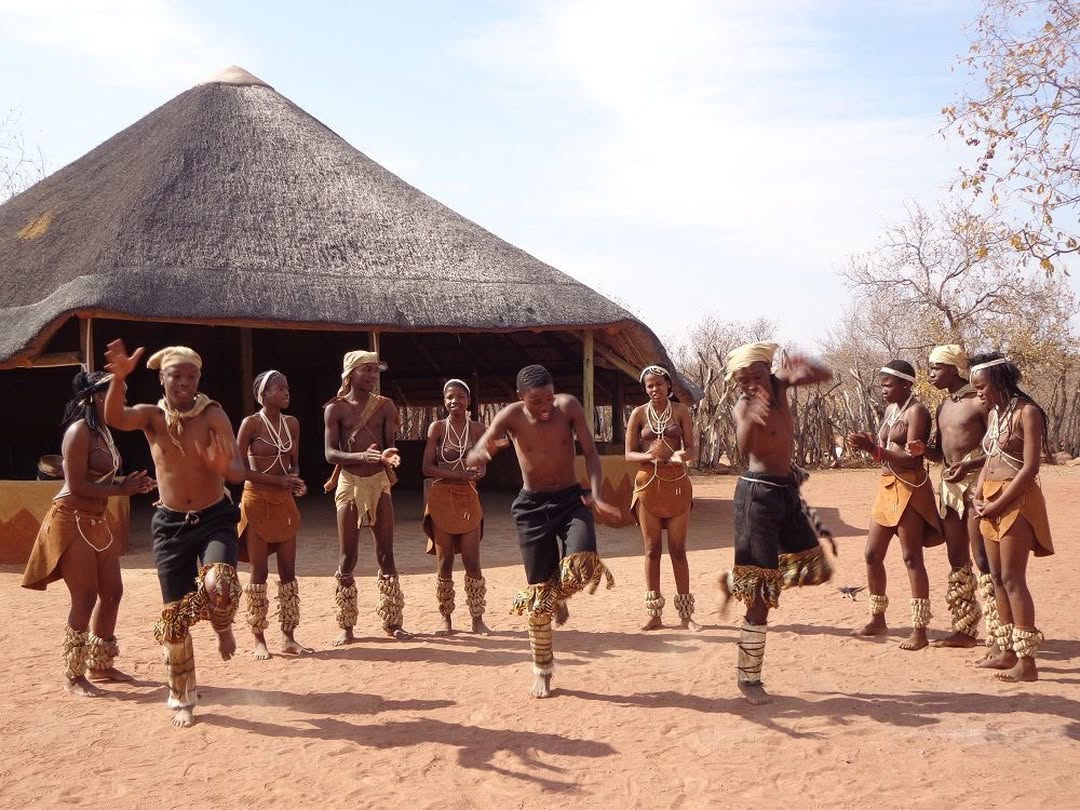As globalization and modernization continue to reshape societies across the globe, many indigenous cultures are facing the harsh reality of extinction. With each passing generation, ancient languages fall silent, rituals are forgotten, and invaluable traditional knowledge risks vanishing forever. In the midst of this cultural erosion, a new form of preservation is gaining momentum—cultural villages.
These living, breathing communities are far more than tourist attractions. They are grassroots efforts dedicated to safeguarding heritage, reviving disappearing traditions, and reconnecting people to their ancestral identities. In countries like Botswana and throughout Africa, cultural villages have become essential spaces where history is not just observed but actively practiced.
In Botswana, cultural villages offer visitors and locals alike a journey into the soul of the nation. From traditional architecture and storytelling to indigenous cuisine and music, they provide immersive experiences that capture the essence of what it means to belong to a culture that predates colonial borders. These villages act as open-air museums, but unlike static exhibits, they are constantly evolving—adapting to modern times while fiercely holding onto their roots.
What makes these villages especially powerful is their role in community empowerment. By employing local artisans, dancers, guides, and elders, cultural villages create sustainable livelihoods. Young people are taught the skills and customs of their forebears, ensuring continuity. In this way, heritage becomes a source of pride and economic strength, rather than something left behind in history books.
Beyond their cultural significance, these spaces are reshaping the narrative around tourism. Cultural villages champion a model of sustainable tourism that respects tradition, promotes education, and builds meaningful connections between visitors and host communities. This approach not only benefits the economy but also encourages the kind of cultural exchange that fosters mutual understanding and respect.
In a rapidly changing world, cultural villages stand as reminders that progress and preservation can go hand in hand. They challenge the idea that tradition must be sacrificed for modernity, showing instead that embracing heritage can be a powerful way forward.
As Africa and the rest of the world grapple with the pressures of modernization, cultural villages offer a hopeful path—where identity is preserved, communities are strengthened, and the wisdom of the past lights the way to the future.










